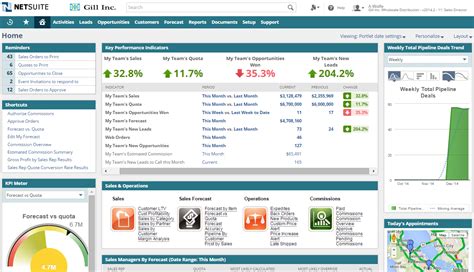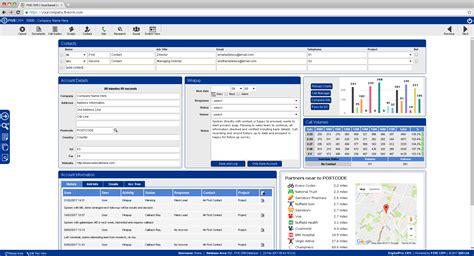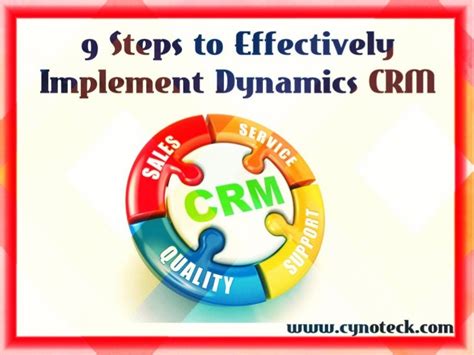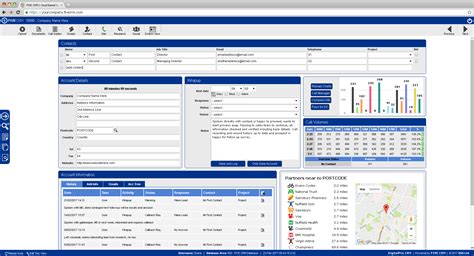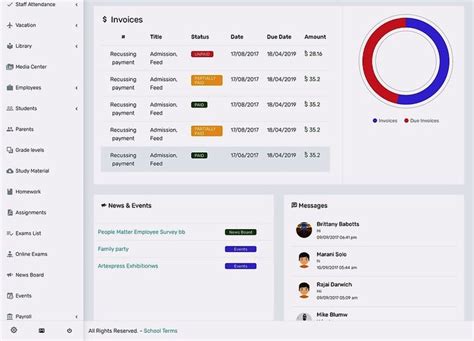Introduction
In today’s digital era, businesses are evolving, and many companies are turning to CRM software to manage their customer relationships. NetSuite is one such software that is gaining popularity in the market. However, the question remains, is NetSuite a CRM?
What is NetSuite?
NetSuite is a cloud-based enterprise resource planning (ERP) software that helps businesses manage their financials, operations, and customer relationships. It provides a single platform that integrates various business processes like accounting, inventory, order management, and customer relationship management (CRM).
NetSuite as a CRM
NetSuite provides CRM functionalities that help businesses manage their customer relationships. It offers features like lead management, opportunity management, sales forecasting, and marketing automation. These features allow businesses to track their customer interactions and gain insights into their buying behavior, preferences, and needs.
NetSuite’s CRM Features
NetSuite’s CRM features are designed to help businesses improve their customer relationships. Some of the notable features are:
Lead Management
NetSuite’s lead management feature allows businesses to capture leads from various sources and track their progress through the sales pipeline. It provides a holistic view of the leads, including their contact information, activity history, and engagement level.
Opportunity Management
NetSuite’s opportunity management feature helps businesses manage their sales opportunities. It provides a complete view of the opportunities, including the deal size, stage, and probability of closing. It also allows businesses to collaborate with their team members and work together towards closing the deal.
Sales Forecasting
NetSuite’s sales forecasting feature allows businesses to forecast their sales revenue accurately. It provides real-time insights into the sales pipeline, including the deals in progress, the expected close date, and the revenue potential.
Marketing Automation
NetSuite’s marketing automation feature helps businesses automate their marketing campaigns. It allows businesses to create targeted campaigns, track their performance, and measure their ROI. It also provides insights into customer behavior and preferences, allowing businesses to tailor their campaigns accordingly.
NetSuite vs. Other CRMs
NetSuite’s CRM functionalities are comparable to other popular CRM software like Salesforce, Microsoft Dynamics, and HubSpot. However, NetSuite’s advantage lies in its integration with other business processes like accounting, inventory, and order management. This integration provides businesses with a complete view of their operations, enabling them to make informed decisions.
Conclusion
In conclusion, NetSuite is a CRM software that provides businesses with the tools they need to manage their customer relationships effectively. Its CRM functionalities are comparable to other popular CRM software, and its integration with other business processes makes it a robust solution for businesses looking to streamline their operations.

